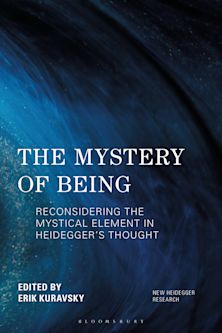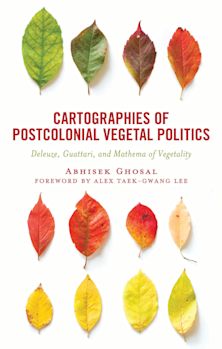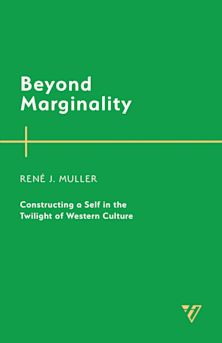- Home
- ACADEMIC
- Philosophy
- Philosophy - Other
- Scepticism and the Possibility of Knowledge
Select a format
Scepticism and the Possibility of Knowledge
This product is usually dispatched within 1 week
- Delivery and returns info
-
Free CA delivery on orders $40 or over
You must sign in to add this item to your wishlist. Please sign in or create an account
Description
Scepticism as a philosophical term is as old as the Greeks but has more recently been advanced by Montaigne, Descartes and Hume. To these, what little we know that seems certain is based on observation and habit as opposed to any logical or scientific necessity. Thus, sceptical views relate directly to epistemology-the theory of knowledge and what we can know-and, in the modern turbulent world, it is grayling's contention that these are issues that all contemporary people need to focus on. In seeking understanding of the human condition we need more than just a set of beliefs about it: all belief is irrational. We want to know or garner some kind of proof about the fundamental truths of human existence. This is the crux of the dilemma facing intelligent people today and is illuminated by this book.
Table of Contents
Acnowledgements
Part I CARTESIAN RESPONSES
i. Berkeley's Immaterialism
ii Russell, Experience, and the Roots of Science.
iii Russell's Transcendental Argument in An Essay on the Foundations of Geometry
Part II VARIETIES OF NATURALISM
i. Wittgenstein On Certainty
ii. Quine's Naturalistic Assumptions
Part III SCEPTICISM AND JUSTIFICATION
Product details
| Published | Jan 07 2008 |
|---|---|
| Format | Hardback |
| Edition | 1st |
| Extent | 224 |
| ISBN | 9781847061737 |
| Imprint | Continuum |
| Dimensions | 216 x 138 mm |
| Publisher | Bloomsbury Publishing |
About the contributors
Reviews
-
"Grayling (philosophy, Birkbeck Coll., Univ. of London) sets himself the goal of refuting-or at least of attempting to refute-the philosophical doctrine that absolute knowledge is impossible. To do so, he considers two sets of arguments from major antiskeptical philosophers-Berkeley and Russell in one tradition and Quine and Wittgenstein in another-and argues that the strategies the aforementioned philosophers used to accomplish their goals are "not so much incorrect as incomplete." He thereupon argues in extensive, closely reasoned, if often turgid detail, his own stratagem-which, he believes, "is the right one overall." Because of the fecundity of the argument, readers will have a difficult time deciding if he has succeeded. This is not a book for beginners in philosophy: it deals with an issue most philosophers consider the central one in philosophy and requires extensive familiarity with the discipline, both current and historical. Recommended for academic collections."-Leon H. Brody, Falls Church, VA Library Journal
Leon H. Brody



































